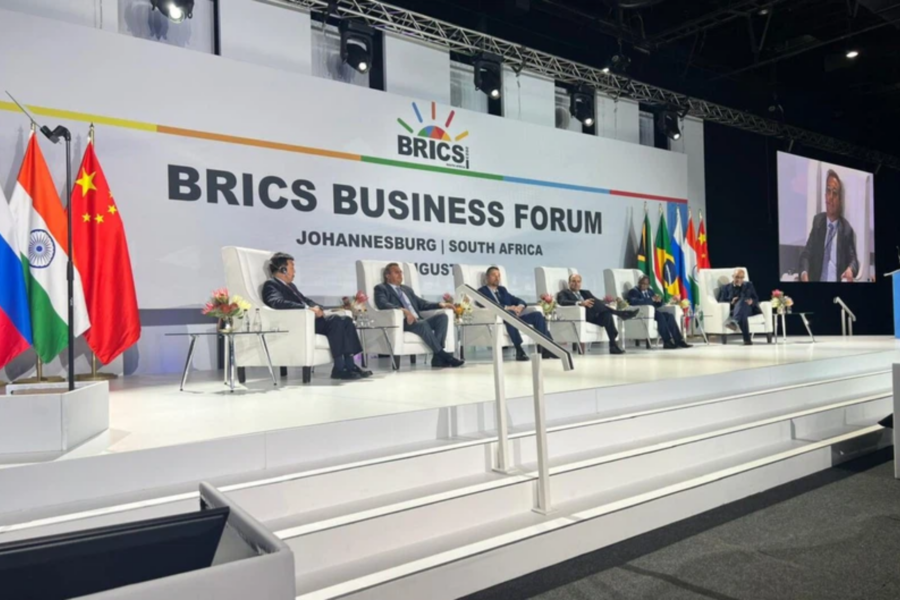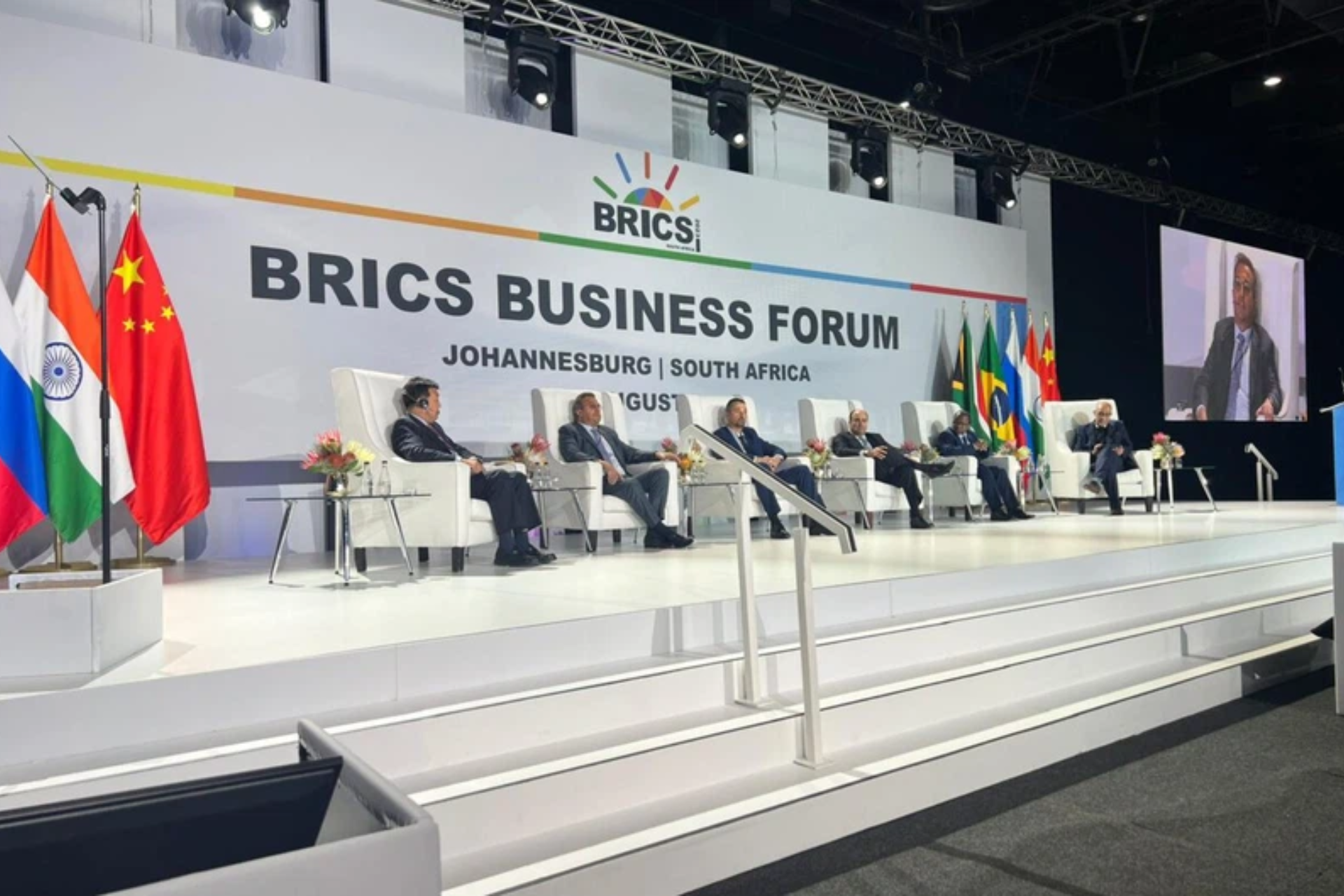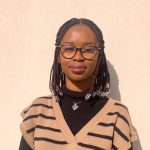
African leaders take center stage as BRICS Summit unfolds
As the bloc debate de-dollarization and methods to boost local currency trade, a growing number of African nations have expressed interest in joining BRICS.

Johannesburg hosts the BRICS Summit, showcasing the growing clout of Brazil, Russia, India, China, and South Africa. Over 60 leaders were invited, including 30 from Africa.
At the heart of the summit are talks about reducing dollar reliance and promoting local currencies in trade.
While doubts linger about a shared currency, the Chinese renminbi’s influence grows. The renminbi is gaining ground as a reserve currency in Africa, e.g., Mauritius, Nigeria, and Zambia.
ALSO READ: BRICS summit 2023: Things that happened in the summit TODAY
AFRICAN LEADERS INTERESTED IN JOINING BRICS
According to Foreign Policy one of the focal points of the summit is the discussion around de-dollarisation and strategies to boost the use of local currencies in trade.
Despite doubts about the feasibility of adopting a joint currency, the potential for an increased role for the Chinese renminbi is considered likely. The renminbi is already being used as a reserve currency by several African nations, including Mauritius, Nigeria, and Zambia.
African Leaders Want to Join BRICS#BRICSSummit2023 https://t.co/mxbwXPoTZ3 pic.twitter.com/fPVmZgdEDb
— BenvAZA (@BenvAZA) August 23, 2023
ALSO READ: BRICS summit 2023 LIVE UPDATES: Day two
“BRICS countries, representing 40% of world population, overtook G-7 GDP in March. Their rising influence entices 23 nations to join. Summit discusses expansion criteria.
Ahead of the summit, Cyril Ramaphosa stressed expanding BRICS, fostering African partnerships, and boosting trade, investment, and infrastructure.
ALSO READ: BRICS Summit 2023 paves path for intra-market growth and African expansion
PRESIDENT CYRIL RAMAPHOSA SUPPORTS EXPANSION
Ramaphosa responds to U.S.-South Africa tensions over Russia ties. Accusations aside, he said that he prioritises partnerships, not global alliances.
South Africa supports BRICS expansion.
— S p r i n t e r F a c t o r y (@Sprinterfactory) August 21, 2023
South African President Cyril
Ramaphosa, in an address ahead of the BRICS summit, said that more than 20 countries have already submitted formal applications to join the BRICS, many others are also showing interest in joining the alliance.… pic.twitter.com/bJQ3acfEQo
Ramaphosa’s stance is in part a response to escalating tensions between the United States and South Africa due to the latter’s close ties with Russia.
Despite accusations from the U.S. ambassador regarding weapon supply, Ramaphosa maintained South Africa’s commitment to seeking strategic partnerships rather than aligning with global powers.
ALSO READ: Enquiry into Mkhwebane deemed fair, transparent and unbiased
ALGERIA PLEDGES $1.5 BILLION
The BRICS summit attendance is a reflection of Africa’s demand for reforms in institutions like the World Bank and International Monetary Fund. Algeria, for instance, has submitted a request to become a shareholder member of the BRICS New Development Bank, pledging $1.5 billion.
Algeria President Tebboune pledges $1.5 billion US dollars in bid to join BRICS bank
— COMBATE |🇵🇷 (@upholdreality) July 24, 2023
"It should be noted that for years we have worked with China to build a better world with more justice, especially in helping poor countries. We've been striving for a multipolar world." pic.twitter.com/2lVbPnwZhY
This move is seen as an effort to secure trade interests with Beijing and Moscow amid pressure to halt arms purchases from Russia.
BRICS Bank, like the World Bank, shifts lending to local currencies. Ramaphosa notes $5.3B infrastructure financing.
ALSO READ: Civil rights groups PROTEST against BRICS Summit
Dollar dominance concerns African leaders, hampering growth. China seeks BRICS expansion; however, India and Brazil are wary of the West. China’s economic struggles and Russia’s isolation reduce the BRICS appeal.
Nigeria, Africa’s largest economy, initially considered BRICS membership due to its call for U.N. Security Council reforms. However, Nigerian officials currently prioritize addressing domestic crises over joining the bloc.
